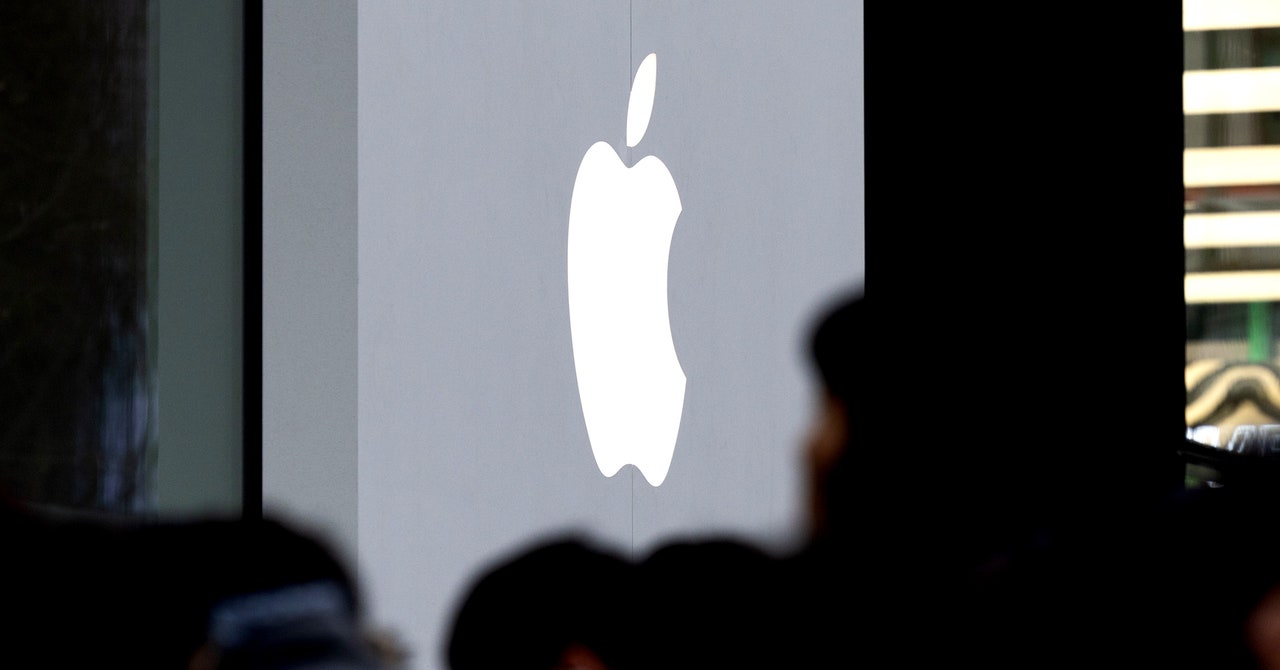
The US has brought an antitrust lawsuit against Apple
The Apple Store as a Monopole: How Apple and the DOJ have Suggested that iMessage is a Barrier To Interoperability
Claiming that Apple had established an “iPhone monopoly,” the suit argues that the company’s allegedly anticompetitive behavior resounds well beyond smartphones themselves. Financial services, fitness, gaming, media, and more are industries that have been impacted by the Apple approach.
Apple’s App Store has been a particular point of contention for years. It has faced legal challenges over its fees and its restrictiveness from developers. The App Store is a focal point of the suit, a key component of the allegedly anticompetitive “moat” the company has built around its products.
Antitrust enforcement has been a key focus of the Biden administration. In 2021, the White House issued an executive order meant to encourage stronger enforcement of existing antitrust laws via the Federal Trade Commission and Justice Department, and created the White House Competition Council. “Polls show that the public is truly concerned that the federal government should do more about the power of monopolies in order to make the economy more fair and competitive,” Timothy Wu, former special assistant to the president for technology and competition, said in a speech in November 2021.
“Over the last two decades Apple has become one of the most successful companies in the world,” US attorney general Merrick Garland said in a press conference Thursday morning, noting that the company is bigger than the individual GDP of more than 100 countries. In order to maintain its grip on the market, Apple deliberately degrades quality and security for its users, according to Garland.
The DOJ claims that unspecified surveys have reached similar conclusions, finding that the devices linked to their iPhones deter them from switching to Android.
The DOJ lawsuit claims that the Apple Watch was used to exert leverage against its customers and that it turned into a blockbuster. In 2019, the suit alleges, Apple’s vice president of product marketing for Apple Watch wrote that the device “may help prevent iPhone customers from switching.”
Frustration from some users about Apple’s control of iMessage and confinement of messages from people outside Apple’s ecosystem inside green bubbles has grown since. Apple made concessions last November when it said it would add compatibility with the RCS messaging standard to iMessage. The DOJ has argued that security features in iMessage are a bar to interoperability.
One 2013 message quoted, from Apple’s senior vice president of software engineering, is claimed to have warned that allowing Apple Messages to work across platforms “would simply serve to remove [an] obstacle to iPhone families giving their kids Android phones.”
The DOJ has filed a lawsuit against Apple for charging users and developers to switch to iPhones and Androids if they aren’t Apple
The episode shows an early example of Apple locking users and developers into its software program when facing competition, according to the DOJ. The lawsuit claims that practice has made switching to Apple alternatives more expensive than it’s worth, deterring competition.
The suit portrays this ad as triggering concern inside Apple. It says the executive wrote to Jobs about it, saying that one “message that can’t be missed is that it is easy to switch from iPhone to Android. It is not fun to watch. The suit doesn’t quote Jobs at all but does say that he wrote that Apple would force developers to use its payment system to lock in both users and developers.
The DOJ’s complaint opens by quoting an email exchange from 2010 between Apple cofounder and then CEO Steve Jobs and an unnamed “top Apple executive.” It describes the executive emailing Jobs about a new ad for Amazon’s Kindle e-reader, in which a woman first uses an iPhone to buy and read books using Amazon’s iOS Kindle app but later reads those books on an Android phone.

